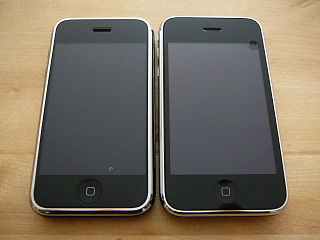 Last week, on October 26, Kickflip, Inc. (doing business as, and hereinafter referred to as, Gambit) filed a lawsuit against Facebook, Inc. in the U.S. District Court for the District of Delaware, alleging violations of federal antitrust laws.
Last week, on October 26, Kickflip, Inc. (doing business as, and hereinafter referred to as, Gambit) filed a lawsuit against Facebook, Inc. in the U.S. District Court for the District of Delaware, alleging violations of federal antitrust laws.
According to its complaint, Gambit was “a leading virtual-currency and payment-processing provider” to developers that published games for social networks, including Facebook. Gambit explains that “[s]ocial games are usually free to play,” relying on a competitive market of virtual currency and payment-processing service providers to transfer virtual currency into actual revenue for the developer.
However, according to Gambit, Facebook began offering its own virtual-currency services in 2009, but with a 30% fee. When Facebook’s services failed to gain significant market (a failure Gambit attributes to its high fee), it allegedly began engaging in anticompetitive behavior, such as requiring game developers on its platform to use the Facebook virtual-currency services. The complaint alleges that Facebook subsequently required exclusive use of its own virtual-currency services.

 On Monday, Apple filed an
On Monday, Apple filed an  A consumer
A consumer